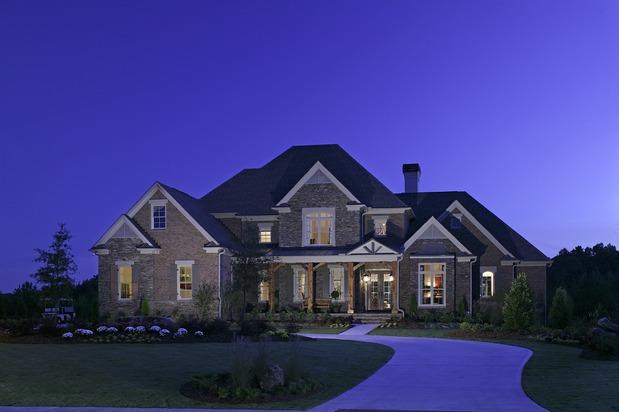5 Ways Your Home Should Save You Money (But Isn't)
See if We Have Top-Rated
Home Improvement Contractors in Your Area

1. Outdated Heating or Cooling System
This is a problem in more homes than you might think. According to the U.S. Department of Energy, "Heating and cooling account for about 56% of the energy use in a typical U.S. home." Though today's market is full of furnaces, boilers, heat pumps and condenser units that are far more efficient than models produced a few decades ago, many of today's homes are often still equipped with heating and cooling units that waste more energy and money than necessary.
Even if a more energy-efficient heating or cooling unit is not in your immediate budget, making sure that all of your ductwork is properly sealed can go a long way in helping your old system work as effectively and inexpensively as possible.
Insider Tip: Also have your ducts checked, as they might benefit from some insulation or cleaning.
2. Insufficient Insulation
Insufficient insulation has a domino effect on your home. Poor insulation allows expensive energy to escape through your walls and ceiling, which makes your HVAC units work harder and less efficient by shortening their life. Most insulation installations average in the $1,600 to $2,200 range, and with many energy bills averaging over $300 per month, this initial investment will pay for itself quickly.
3. Old World Light Bulbs
It sounds simple enough, but for some reason, many Americans seem to be attached to their old, incandescent bulbs. The EPA says that using "compact fluorescent light bulbs (CFLs) in favor of comparable incandescent bulbs [can] save about 50 percent on your lighting costs." Replacing halogen bulbs with CFLs can reap even more savings.
Make your home energy efficient! Use this link to
Hire a HVAC Contractor
4. Avoiding Regular Maintenance
Everyone readily accepts that regular vehicle tune-ups and oil chances will save you a bundle in the long run. However, when it comes to the systems in our homes, many people are reluctant to perform regular maintenance that industry professionals recommend. Most home maintenance is seasonal and designed to make the elements of your house run and perform their best, such as weather-stripping doors, caulking windows and changing furnace filters. These small items can make a big difference over the long haul.
5. Out with the Old Appliances
The Energy Star program was created to make it easier to purchase energy-efficient appliances. Energy Star appliances are between 10% and 50% more efficient than a standard model, which means savings for you (not to mention a reduction in energy consumption and pollution on a grander scale). In addition, some Energy Star appliances are eligible for cash back subsidies by the government, so factor this into the price as you shop. Hint: No need to replace appliances that are relatively new and in good working order. But if you need new appliances, there is no excuse for not buying the most efficient model. You will spend more at the cash register but far less over time.
More Tips & Advice For Your Home
- Related Articles
-
- Recent Articles

